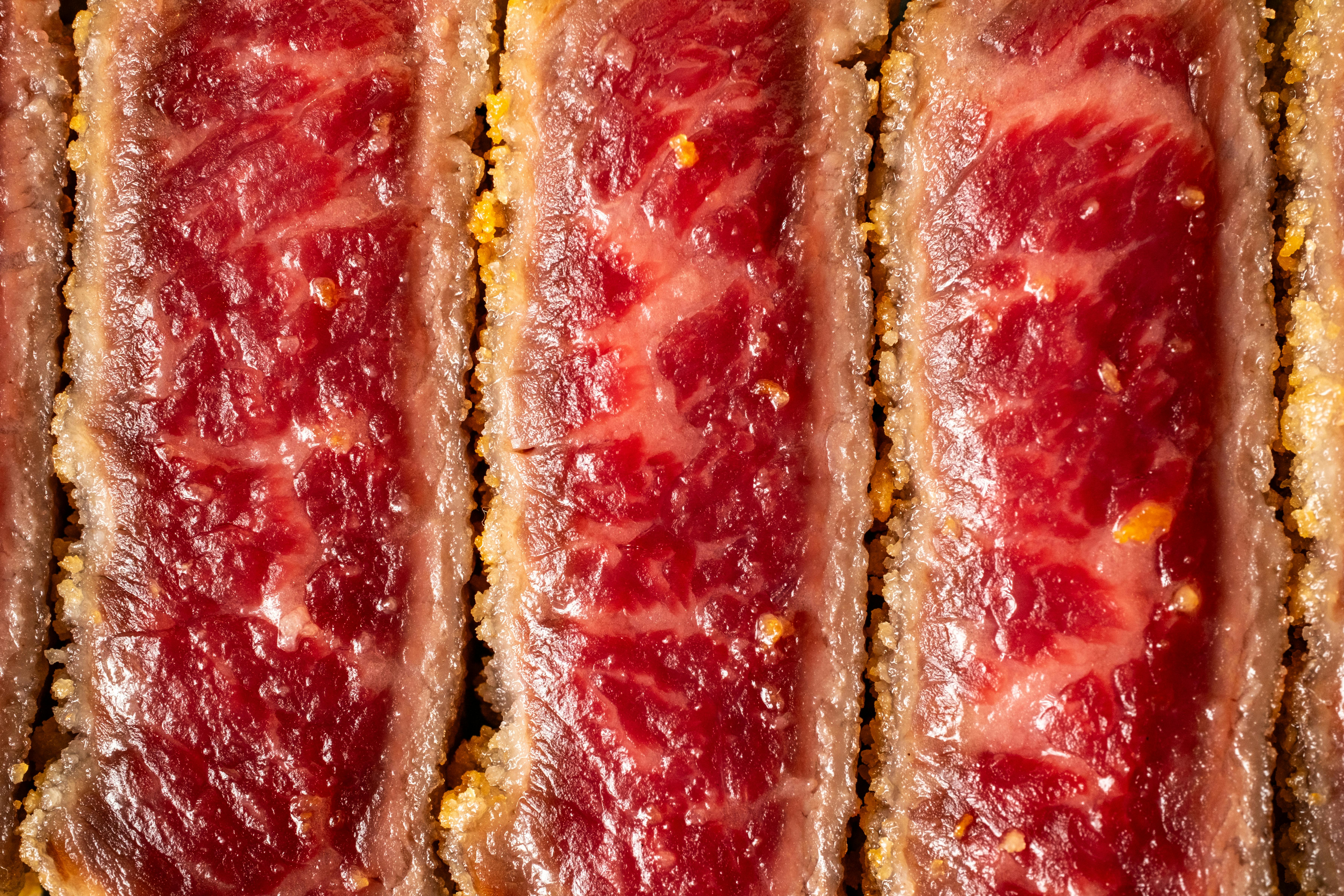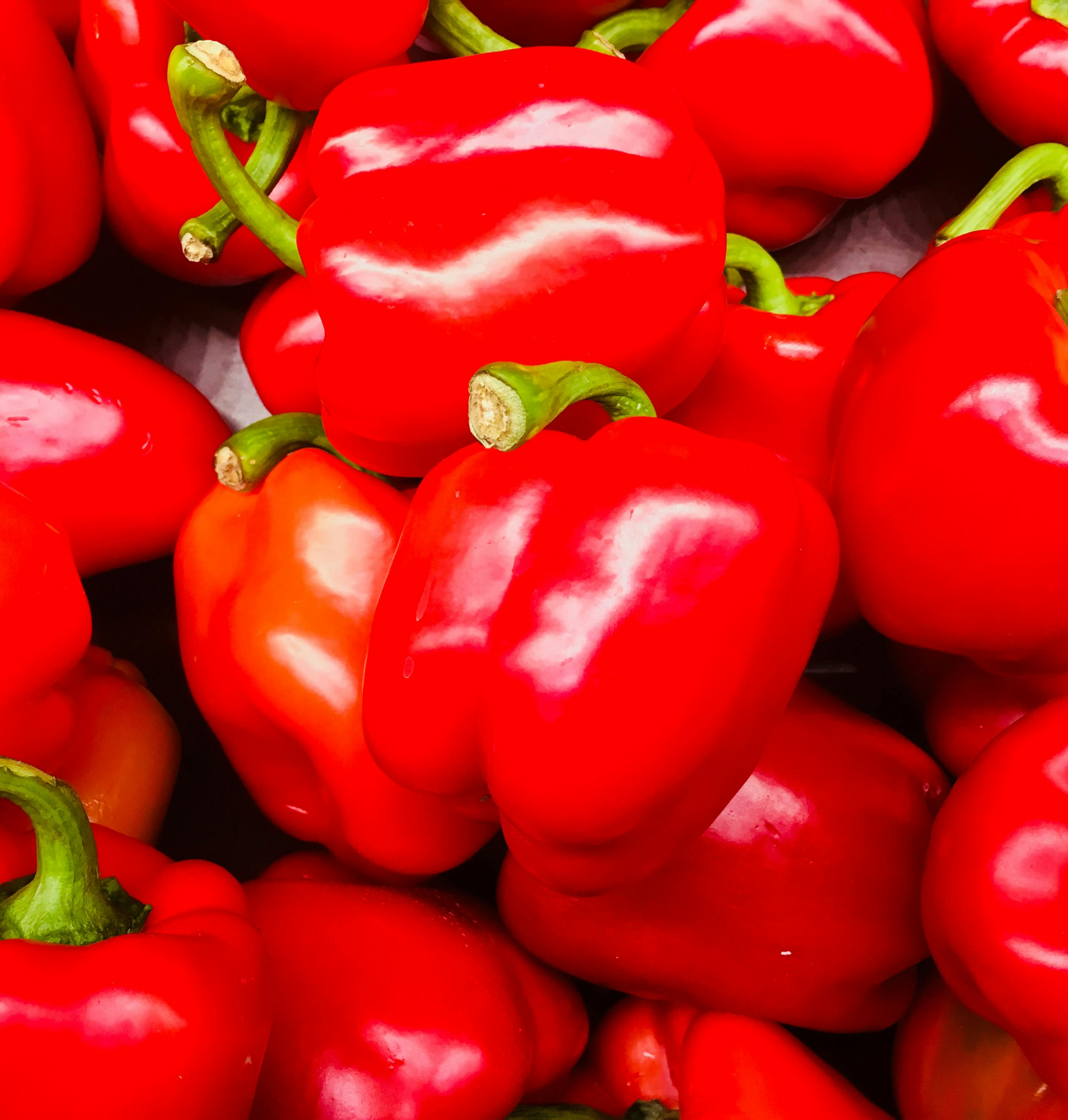
Apply Now


Effective Ways to Use Water for Weight Loss in 2025
Understanding the Importance of Water for Weight Loss
Water plays a crucial role in weight management and overall health. Staying hydrated is essential, as it can significantly impact our metabolism and appetite control. Adequate hydration supports the body's processes, including nutrient absorption and digestion. Drinking enough water helps to flush out toxins, reduces cravings, and enhances physical performance. Moreover, understanding how water aids in weight loss can empower individuals on their journey towards healthier lifestyle choices. Research shows that drinking water can boost metabolism, increasing calorie burn at rest. In addition, it can act as a natural appetite suppressant, making it easier for individuals to stick to their caloric goals. Whether you're looking to lose weight quickly with water or adopting a long-term water diet for weight loss, incorporating proper hydration habits can lead to lasting success. The significance of water for weight loss extends beyond simple consumption. Factors such as the timing of water intake and the types of fluids consumed also play a role in achieving weight loss goals. In this article, we will explore key strategies for integrating hydration into your weight loss journey.How Much Water to Drink Daily
When determining how much water to drink, it's vital to consider individual needs. Factors such as body weight, activity level, and climate can affect one's optimal water intake. As a general guideline, many health experts recommend the "8x8 rule," which encourages drinking eight 8-ounce glasses of water per day. However, this may vary based on personal circumstances. A more tailored approach is to calculate water intake based on body weight. A common recommendation is to drink half your body weight in ounces. For instance, a person weighing 150 pounds should aim for approximately 75 ounces of water daily. Adjustments should also be made for factors like physical activity, where increased sweating necessitates higher fluid consumption. Keep in mind that hydration does not solely come from beverages. Water-rich foods, such as fruits and vegetables, also contribute to overall hydration levels. Adopting mindfulness about daily hydration goals can track overall water consumption, ensuring that you meet your needs effectively.Drinking Water Before Meals for Weight Control
One of the simplest yet most effective hydration strategies for weight loss is drinking water before meals. Studies indicate that this practice can lead to reduced calorie intake during meals, which can subsequently aid weight loss. When your stomach has water, it may signal fullness, preventing overeating. The timing of water consumption matters as well. Drinking water 30 minutes before eating can help control appetite and improve digestion. Moreover, replacing high-calorie beverages like soda or juice with water offers a double benefit of reducing calorie intake while enhancing hydration. Experimenting with different temperatures of water—cold or warm—can also impact your meal experience. Some people find that warm water before meals improves digestion, while cold water can be refreshing. Ultimately, finding the method that works best for you can optimize the weight loss benefits.Hydration Strategies for Effective Weight Loss
Improving Your Drinking Water Habits
Developing a consistent drinking water habit is paramount for effective weight loss. Start by setting daily hydration targets that align with your individual needs. Use methods such as a water bottle marked with measurement lines or hydration apps to track intake. Incorporating water into your daily routine can also facilitate better hydration. Consider setting reminders throughout the day or coupling water consumption with regular activities, such as drinking a glass after each restroom break or during regular snack times. These simple changes can create a habit that supports your weight loss journey. Moreover, discover creative ways to enhance the taste of your water to make it more enjoyable. Infusing water with fruits or herbs can provide a burst of flavor and encourage higher consumption. Options like lemon, cucumber, or mint can be refreshing choices that make drinking water more appealing.Water Consumption Recommendations for Active Individuals
For those engaging in regular physical activity, understanding hydration needs becomes even more critical. Increased sweating during exercise requires adjustments to water intake to maintain optimal hydration levels. As a guideline, athletes are often advised to drink water before, during, and after workouts to enhance performance and recovery. The American Council on Exercise recommends drinking 17-20 ounces of water two hours prior to exercising, and 8 ounces every 20 minutes during workouts to prevent dehydration. Post-exercise hydration is just as crucial, as replenishing lost fluids can aid recovery and help maintain metabolic processes. Including electrolytes can be beneficial, especially after intense workouts, to restore balance and improve hydration efficacy.The Benefits of Water-Rich Foods for Weight Loss
Incorporating Hydration into Your Diet
Combining hydration strategies with nutrient-rich foods can contribute significantly to weight loss efforts. Incorporating water-rich foods into your diet not only aids in hydration but also provides essential nutrients, promoting overall health. Foods such as cucumbers, watermelon, lettuce, and oranges boast high water content and are low in calories, making them perfect for weight management. When planning meals, strive for a balance between your standard diet and hydration needs. Adding water-rich foods can create a sense of fullness, reducing overall calorie intake while ensuring you meet water consumption recommendations throughout the day. Furthermore, understanding the role of hydration in digestion is essential. Drinking water before, during, or after meals can enhance digestion and nutrient absorption, further supporting your weight loss strategy.Tracking Your Water Intake Effectively
Employing tracking systems can significantly enhance hydration, which is vital for weight loss. By measuring intake, individuals can better understand their hydration patterns and adjust accordingly. Many apps can help monitor daily water consumption, send reminders, and provide insights into personal hydration habits. In addition to using technology, maintaining a journal can also be an effective way to track drinking behaviors. Personal reflection on hydration habits can encourage accountability and motivate consistency. It's important to recognize the signs of dehydration, which can hinder weight loss progress. Recognizing symptoms such as dry mouth, fatigue, or decreased urine output can guide individuals to prioritize hydration and avoid the negative effects of inadequate water consumption.Combatting Dehydration Challenges During Dieting
Consequences of Low Water Intake
Failing to maintain proper hydration can lead to several challenges during dieting. Dehydration can slow down metabolism, making it harder to lose weight efficiently. It may also lead to increased feelings of fatigue, negatively impacting physical performance and motivation levels. Additionally, low water intake can trigger hunger cues, leading to excessive snacking or overeating to compensate for perceived hunger. By understanding how to calculate water intake and recognizing its role in appetite control, individuals can counteract these effects and stay on track with their weight loss journeys. Addressing hydration challenges is essential for sustained weight management. Consistently focusing on individualized water consumption strategies can mitigate the risks associated with insufficient hydration.Maximizing Weight Loss Results with Hydration
Implementing hydration-focused practices into weight loss strategies can yield significant benefits. Enhancing calorie burn and improving metabolism through sufficient water intake can align seamlessly with your fitness goals. Incorporating water consumption into meal planning and enhancing timing—such as drinking water before meals—can make a notable difference in achieving desired results. This, combined with mindful eating practices, can set the stage for weight management success. To further enhance weight loss results, consider pairing hydration with physical activities. Experimenting with different drinking patterns around workouts can optimize energy levels and improve stamina. Staying proactive about water consumption while maintaining a balanced diet can foster a healthier lifestyle.
Q&A Section
What is the optimal water intake for weight loss?
Determining optimal water intake varies for each individual based on body weight, activity level, and climate conditions. General guidelines suggest consuming half your body weight in ounces of water per day.Can drinking water really help in reducing appetite?
Yes, drinking water before meals can reduce the feeling of hunger, leading to lower calorie consumption during meals. It acts as a natural appetite suppressant, making it a beneficial strategy for weight loss.How does hydration affect metabolic processes?
Hydration positively influences metabolism by improving nutrient absorption and digestion. Sufficient water intake can enhance energy levels and the body’s ability to burn calories efficiently.What are some tips for increasing water consumption?
To increase water consumption, consider using a marked water bottle to track daily intake and setting reminders. Infusing water with fruits or herbs can also make it more appealing to drink regularly.Can I rely on water-rich foods for hydration?
Yes, incorporating water-rich foods like fruits and vegetables can contribute significantly to hydration. These foods can provide essential nutrients while supporting your overall water intake.